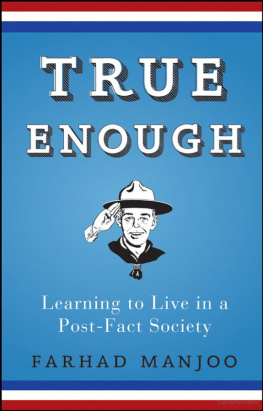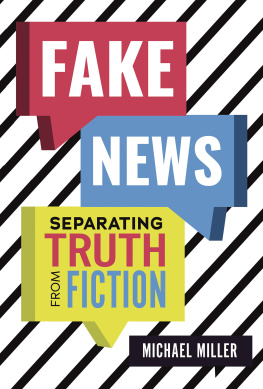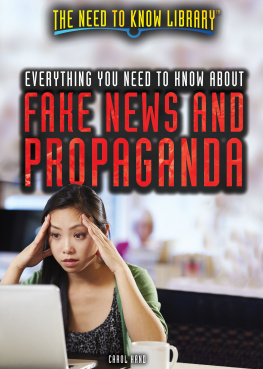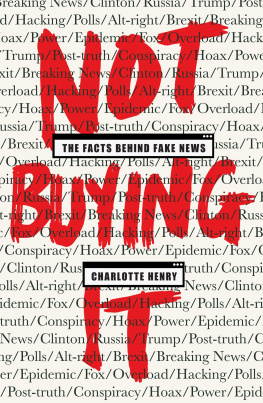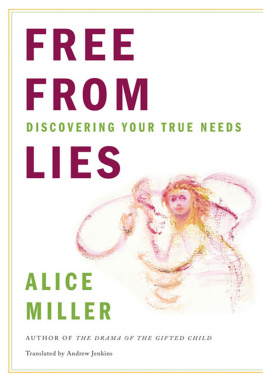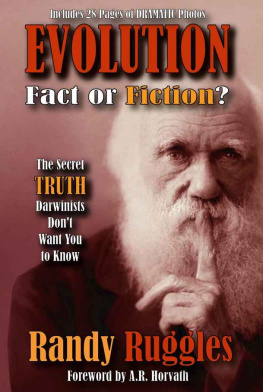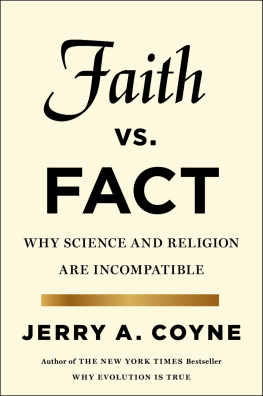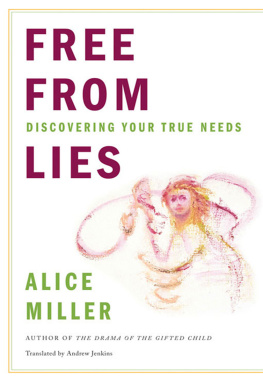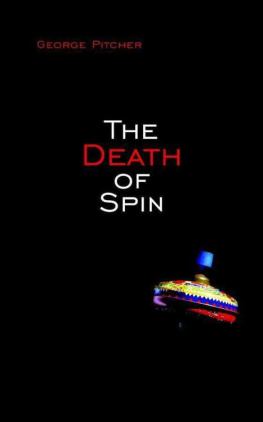Table of Contents
Copyright 2008 by Farhad Manjoo. All rights reserved
Published by John Wiley & Sons, Inc., Hoboken, New Jersey
Published simultaneously in Canada
No part of this publication may be reproduced, stored in a retrieval system, or transmitted in any form or by any means, electronic, mechanical, photocopying, recording, scanning, or otherwise, except as permitted under Section 107 or 108 of the 1976 United States Copyright Act, without either the prior written permission of the Publisher, or authorization through payment of the appropriate per-copy fee to the Copyright Clearance Center, 222 Rosewood Drive, Danvers, MA 01923, (978) 750-8400, fax (978) 646-8600, or on the web at www.copyright.com. Requests to the Publisher for permission should be addressed to the Permissions Department, John Wiley & Sons, Inc., 111 River Street, Hoboken, NJ 07030, (201) 748-6011, fax (201) 748-6008, or online at http://www.wiley.com/go/permissions.
Limit of Liability/Disclaimer of Warranty: While the publisher and the author have used their best efforts in preparing this book, they make no representations or warranties with respect to the accuracy or completeness of the contents of this book and specifically disclaim any implied warranties of merchantability or fitness for a particular purpose. No warranty may be created or extended by sales representatives or written sales materials. The advice and strategies contained herein may not be suitable for your situation. You should consult with a professional where appropriate. Neither the publisher nor the author shall be liable for any loss of profit or any other commercial damages, including but not limited to special, incidental, consequential, or other damages.
For general information about our other products and services, please contact our Customer Care Department within the United States at (800) 762-2974, outside the United States at (317) 572-3993, or fax (317) 572-4002.
Wiley also publishes its books in a variety of electronic formats. Some content that appears in print may not be available in electronic books. For more information about Wiley products, visit our web site at www.wiley.com.
Library of Congress Cataloging-in-Publication Data:
Manjoo, Farhad, date.
True enough : learning to live in a post-fact society / Farhad Manjoo.
p. cm.
Includes index.
ISBN 978-0-470-05010-1 (cloth)
1. Truthfulness and falsehoodUnited States. 2. DeceptionUnited States. 3. Communication in politicsUnited States. I. Title.
BJ1421.M.3dc22
2007044573
To Mom and Dad
INTRODUCTION
Why Facts No Longer Matter
This book dances upon a paradox: at the same time that technology and globalization has pushed the world together, it is driving our minds apart. From above, the three hundred million citizens of the United States look like clones, or Matrix -like drones, each of us plugged snugly into a common consumerist grid. A single corporation, Wal-Mart, serves 90 percent of the American population. A ubiquitous national brand of coffee keeps us buzzing. Happy-looking strip malls of similar architecture dot our suburbs, our cities growing nearly indistinguishable from one another. Parachute into suburban Atlanta and youll find yourself looking for the freeways you remember from Los Angeles or Houston or Phoenix.
Yet for all our shared shopping experiences, we are not morphing into a common peoplenot as a nation and not as a planet. True Enough chronicles a societys splintering. I am not describing the oversimplified cable-news trope of the red-blue electoral divide. What I address is more drastic, and more acute. The story has its roots in the digital revolution, which has given us more information, and more power over that information, than seems believable. On the Web, television, radio, and all manner of new devices, today you can watch, listen to, and read what you want, whenever you want; seek out and discuss, in exhaustive and insular detail, the kind of news that pleases you; and indulge your political, social, or scientific theories, whether sophisticated or naive, extremist or banal, grounded in reality or so far out youre floating in an asteroid belt, among people who feel exactly the same way.
In the last few years, pollsters and political researchers have begun to document a fundamental shift in the way Americans are thinking about the news. No longer are we merely holding opinions different from one another; were also holding different facts. Increasingly, our arguments arent over what we should be doingin the Iraq War, in the war on terrorism, on global warming, or about any number of controversial subjectsbut, instead, over what is happening . Political scientists have characterized our epoch as one of heightened polarization; now, as Ill document, the creeping partisanship has begun to distort our very perceptions about what is real and what isnt. Indeed, you can go so far as to say were now fighting over competing versions of reality. And it is more convenient than ever before for some of us to live in a world built out of our own facts.
Late in April 2005, Eliza Jane Scovill, a three-and-a-half-year-old girl who lived with her parents in the Los Angeles suburb of Van Nuys, came down with the sniffles. Within a few days, her breathing became shallow and she developed a phlegmy cough. Her mother, Christine Maggiore, took the girl to a pediatrician, who found nothing serious and prescribed no medication. The next week, Maggiore asked a second pediatrician to examine Eliza Jane. He suspected an ear infection but felt it would clear up without antibiotics. Soon Eliza Janes cough subsided, but when Maggiore sought the advice of a third doctor, he found fluid in the girls right eardrum, and, also suspecting an ear infection, prescribed a simple antibiotic, amoxicillin. On Sunday, May 15, Eliza Jane grew pale, her fever shot up to 101 degrees, and she vomited several times. Late that night, Maggiore called a doctor. While she was on the phone, Eliza Jane suddenly collapsed. She stopped breathing. Maggiore would later tell the county coroner that her daughter had crumpled like a paper doll.
The doctors who examined Eliza Jane in the days before she died had proceeded as if she were a normal little girl. In fact, they all should have suspected that she might be ill with something far more grave than a pediatric ear infection. In 1992, Eliza Janes mother had tested positive for HIV. In the years since her diagnosis, Maggiore, unlike most HIV patients, had declined the antiretroviral medications that have been hailed for staving off death from AIDS. Instead, Maggiore had come to accept the unconventional views of a set of activists who argue that HIV does not cause AIDS. Indeed, during the 1990s, Maggiore became one of the nations leading proponents of this idea. She founded Alive & Well AIDS Alternatives, a nonprofit organization devoted to questioning the validity of most common assumptions about HIV and AIDS, and has attracted enormous attention. The rock band the Foo Fighters once held a benefit concert for Maggiores group. Her self-published book, What If Everything You Thought You Knew About AIDS Was Wrong? has sold 50,000 copies.
Maggiore advises HIV-positive pregnant women to avoid taking drugs that doctors say reduce the risk of transmitting the virus to a developing fetus. She is also a proponent of breast-feeding, which researchers have found is a major vehicle of transmission of the virus from an infected mother to her child. Maggiore breastfed both her childrenCharles, who was born in 1997, and Eliza, born in 2001, both of whom Maggiore conceived naturally with her husband, Robin Scovill, a filmmaker who shares her beliefs about AIDS. Neither child was tested for HIV, and Maggiore maintains that Eliza Jane was killed by an acute allergic reaction to the amoxicillin she began taking the day before she died. AIDS, that is, was not a factor. I am a devastated, broken, grieving mother, she told one reporter, but I am not second-guessing or questioning my understanding of the issue.

